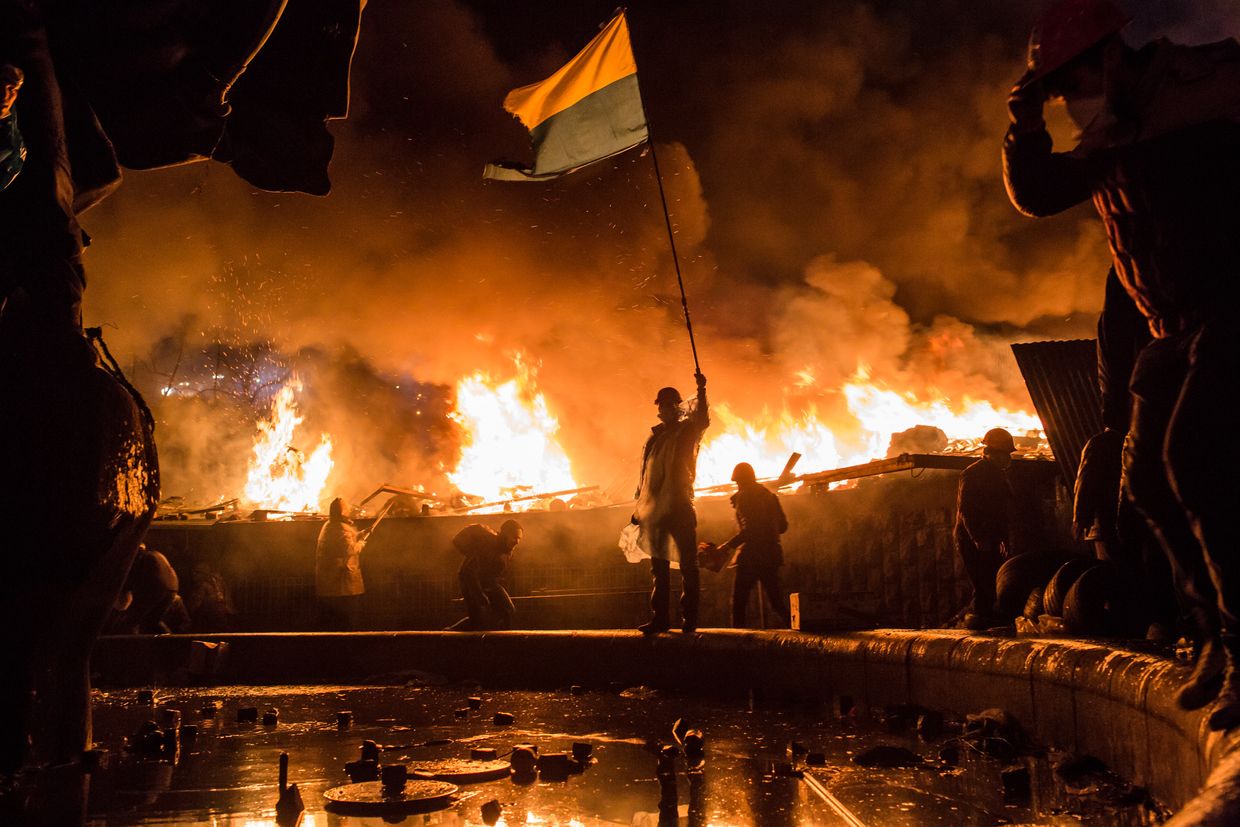Putin relaunches Soviet-era Intervision song contest amid Eurovision ban

Russian President Vladimir Putin signed a decree on Feb. 3 ordering the revival of the Intervision song contest, the Soviet Union's equivalent to Eurovision.
The Eurovision Song Contest banned Russia from participation in 2022 following the full-scale invasion of Ukraine.
Putin's order instructs officials to host Intervision in Moscow in 2025 for the purpose of "developing international cultural and humanitarian cooperation." The decree appoints Russian Deputy Prime Minister Dmitry Chernyshenko as chair of the organizing committee and Deputy Chief of Staff Sergei Kiriyenko as chair of the contest's supervisory board.
Russian Foreign Minister Sergey Lavrov claimed in December 2024 that over 25 countries had expressed interest in participating in Intervision, including several in Latin America. Mikhail Shvydkoi, Putin's culture envoy, previously claimed that all BRICS nations would take part.
The original Intervision contest ran from 1965 until 1968, then again from 1977 to 1980. The competition served as the Soviet bloc's answer to Eurovision, which began in 1956 and is organized annually by the European Broadcasting Union (EBU).
Russia first competed in Eurovision in 1994 and has sent many performers to the contest in the years since. Russian singer Dima Bilan is the country's only Eurovision winner, taking first place in 2008. Moscow hosted the competition the following year.
Russia has been barred from Eurovision since the February 2022 invasion of Ukraine. Later that year, Ukraine won the song contest, but was unable to host the event in 2023 due to the ongoing war.
Ukrainian artists have won Eurovision three times: Ruslana in 2004 with "Wild Dances," Jamala in 2016 with "1944," and Kalush Orchestra in 2022 with "Stefania."











